Spice & Life: The 7 Healthiest Italian Dishes That Won’t Make You Feel Guilty (But Will Make You Swoon)
You know what they say about Italians — they eat pasta every day and still manage to look fabulous. But can Italian cuisine actually be healthy? Spoiler alert: yes, it can! In this article, we’re dishing out the dirt on the healthiest Italian dishes, complete with spice-infused secrets, nutritional breakdowns, and a sprinkle of humor.
Table of Contents
- Why Italian Food Deserves a Spot in Your Healthy Kitchen
- The Top 7 Healthiest Italian Dishes
- The Secret Weapon: Spices that Elevate Flavor (and Nutrition)
- Pro Tips for Making Italian Cuisine Even Healthier
- Final Thoughts: Embrace the Mediterranean Magic
Why Italian Food Deserves a Spot in Your Healthy Kitchen
Italian food gets a bad rap thanks to the endless parade of creamy fettuccine Alfredo and cheesy lasagna. But real Italian cooking — especially from southern regions like Sicily and Calabria — is packed with fresh vegetables, lean proteins, and heart-healthy fats.
The secret? It’s not just about what they eat — it’s how they eat. Italians practice mindful eating: smaller portions, more meals together, and an emphasis on seasonal ingredients. And let’s not forget the spices — garlic, oregano, basil, chili flakes — these flavor bombs pack serious health benefits without adding calories.
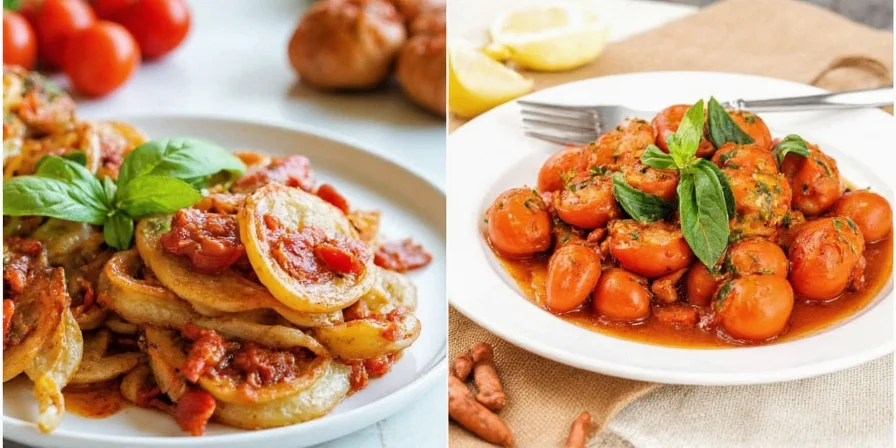
The Top 7 Healthiest Italian Dishes
Here’s our list of the top 7 healthiest Italian dishes, rated by nutritional value, ease of preparation, and — of course — flavor explosion.
- Minestrone Soup
- Pasta e Fagioli
- Caprese Salad
- Grilled Octopus
- Risotto ai Funghi
- Branzino al Cartoccio
- Farro Salad
| Dish | Main Ingredients | Nutritional Highlights | Spice Level |
|---|---|---|---|
| Minestrone Soup | Vegetables, beans, olive oil, pasta or rice | Fiber-rich, low-fat, high in vitamins A & C | Mild to medium (add chili flakes for heat!) |
| Pasta e Fagioli | Whole grain pasta, cannellini beans, tomatoes | High protein, iron-rich, budget-friendly | Mild (pepperoncino optional) |
| Caprese Salad | Fresh mozzarella, tomatoes, basil, olive oil | Low calorie, high lycopene, rich in antioxidants | Very mild |
| Grilled Octopus | Octopus, lemon, oregano, garlic | Lean protein, omega-3s, B-vitamins | Mild to spicy (depends on region) |
| Risotto ai Funghi | Mushrooms, Arborio rice, Parmesan, herbs | Fiber, vitamin D, iron | Mild |
| Branzino al Cartoccio | Sea bass, olives, cherry tomatoes, herbs | Omega-3s, low saturated fat, high-quality protein | Mild to medium |
| Farro Salad | Farro, veggies, olive oil, lemon dressing | Complex carbs, fiber, plant-based protein | Mild |
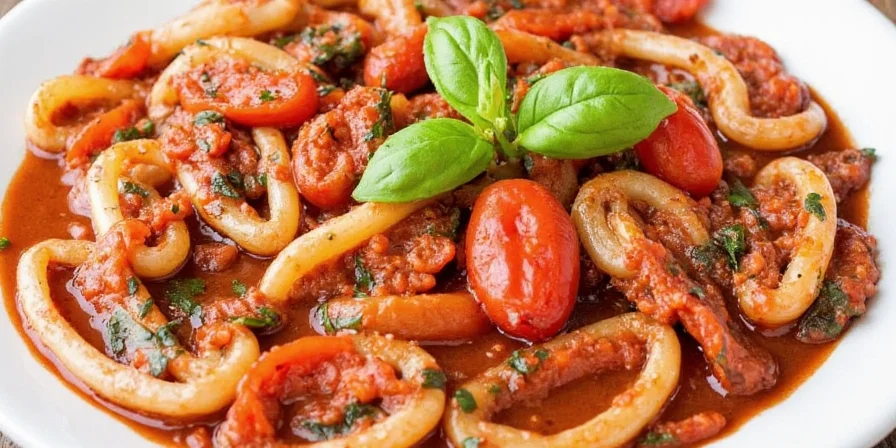
The Secret Weapon: Spices That Elevate Flavor (and Nutrition)
Let’s talk about the unsung heroes of Italian cuisine: spices. They do more than make your kitchen smell amazing — they’re also powerhouses of nutrition and wellness. Here are the top Italian spices you should keep in your pantry:
- Oregano – Anti-inflammatory, antimicrobial, and rich in antioxidants
- Basil – Packed with vitamin K and has potential anti-cancer properties
- Garlic – Boosts immune function, helps lower blood pressure and cholesterol
- Chili Flakes – Capsaicin increases metabolism and adds a kick without extra calories
- Rosemary – Improves memory and focus, and enhances roasted meats
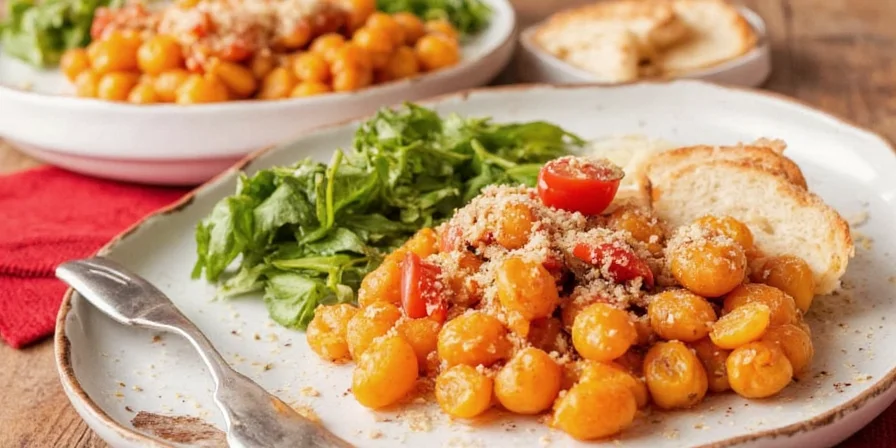
Pro Tip: Spice Blends That Rock Italian Flavors
If you're short on time, try these ready-made spice blends that bring authentic flavor without the fuss:
- Herbes de Provence (great for roasting veg or chicken)
- Calabrian Chili Blend (adds fire and flair)
- Sicilian Seasoning (tomato powder + garlic + oregano = magic)
Pro Tips for Making Italian Cuisine Even Healthier
Want to enjoy Italian food while keeping your health goals on track? Here are some expert tips from chefs who’ve mastered the art of healthy Italian cooking:
- Swap heavy cream for evaporated milk or cashew cream. You won’t miss the richness, and your arteries will thank you.
- Use whole grains instead of refined ones. Try farro, spelt, or whole wheat pasta for more fiber and nutrients.
- Cook with olive oil, but watch the amount. It’s healthy, yes — but still calorie-dense. Use a spray bottle for light coating.
- Add veggies to everything. Zucchini noodles, roasted peppers, eggplant slices — get creative!
- Don’t overdo cheese. A sprinkle of Parmigiano goes a long way. Or go vegan with nutritional yeast for a cheesy vibe.
- Roast or grill instead of frying. Say goodbye to oily calamari and hello to crispy grilled zucchini sticks!
- Make big batches and freeze leftovers. This saves time and keeps you from ordering takeout when you’re hangry.
Final Thoughts: Embrace the Mediterranean Magic
So there you have it — Italian food isn’t just romantic, rustic, and delicious; it can also be one of the healthiest cuisines around. By focusing on whole foods, smart substitutions, and spice-forward cooking, you can enjoy the flavors of Italy without packing on the pounds.
Whether you’re craving a hearty bowl of minestrone or a zesty grilled octopus salad, remember: the key to Italian wellness lies in balance, simplicity, and a little bit of love in every bite.
“La cucina italiana è una festa per il palato e un dono per la salute.”
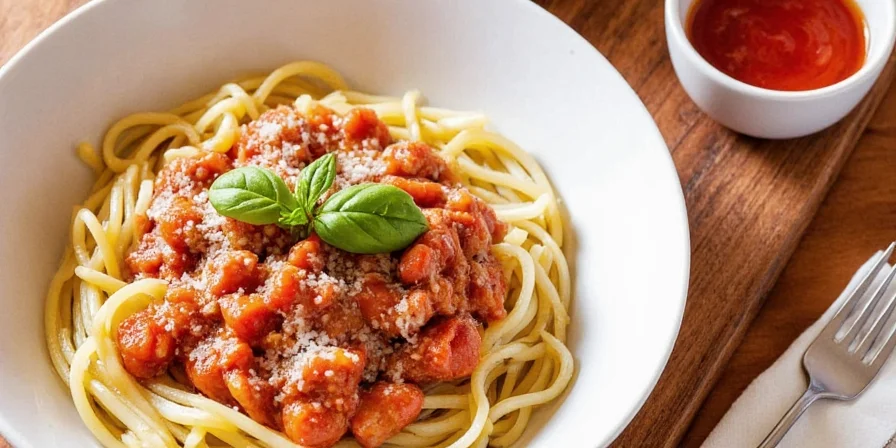
More from Global Spice Traditions
- How to Build a Spice Cabinet for Every World Cuisine
- 5 Mediterranean Superfoods You Need to Try Today
- Spice It Up: Low-Calorie Ways to Add Flavor Without Fat

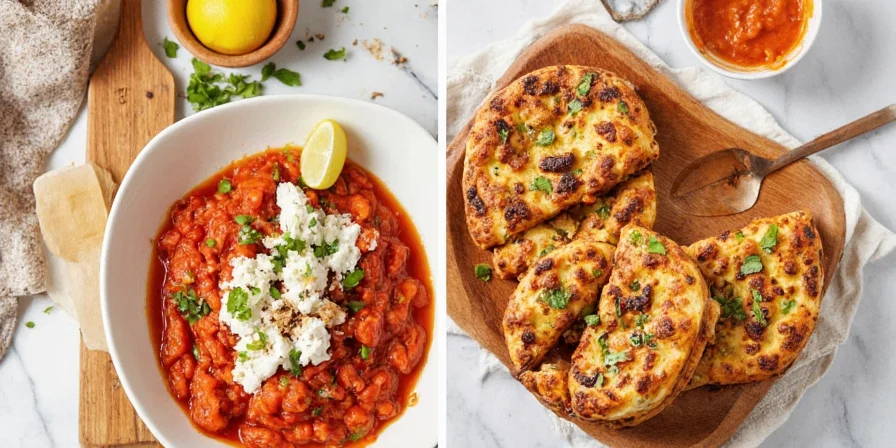









 浙公网安备
33010002000092号
浙公网安备
33010002000092号 浙B2-20120091-4
浙B2-20120091-4